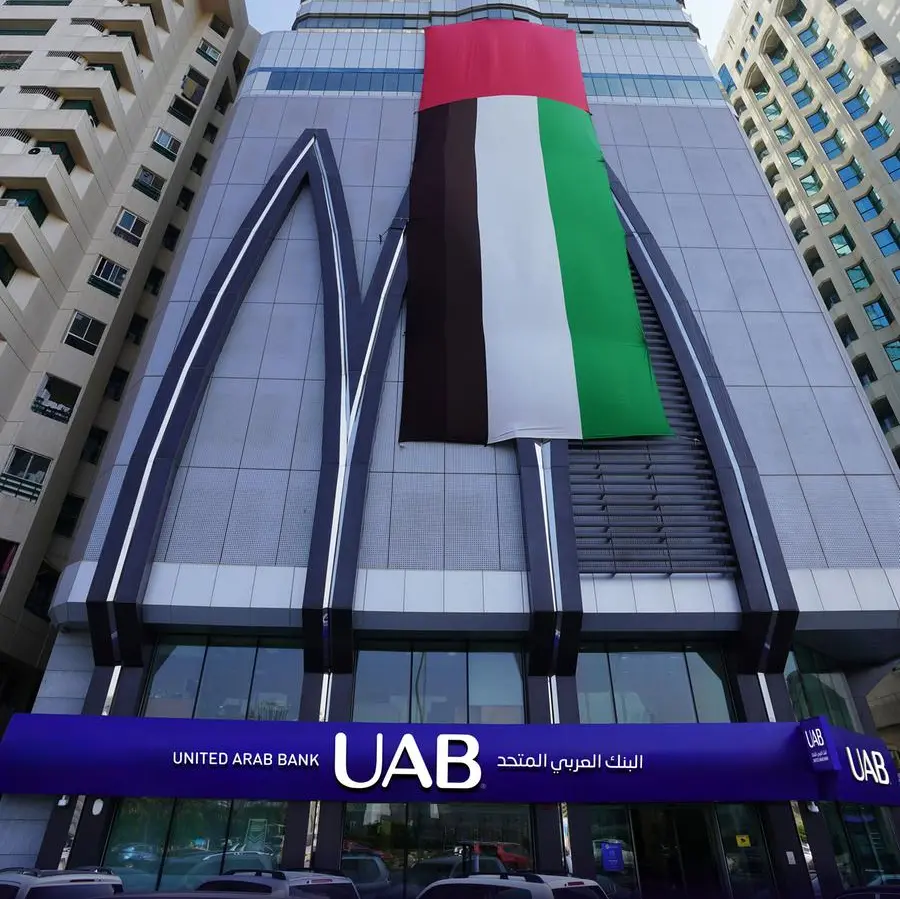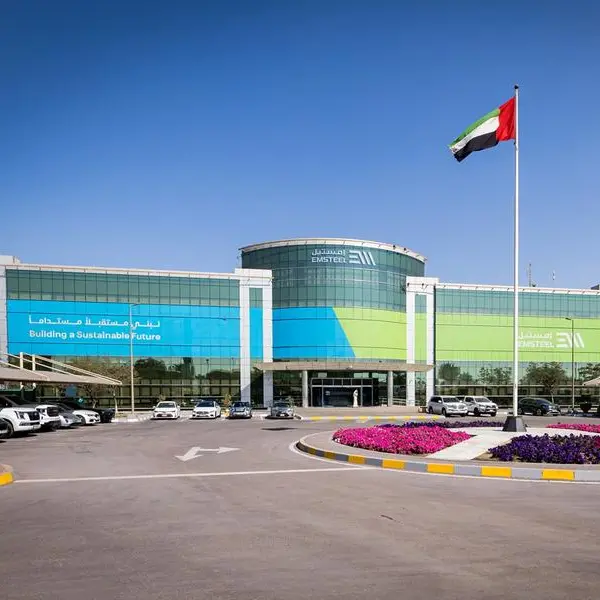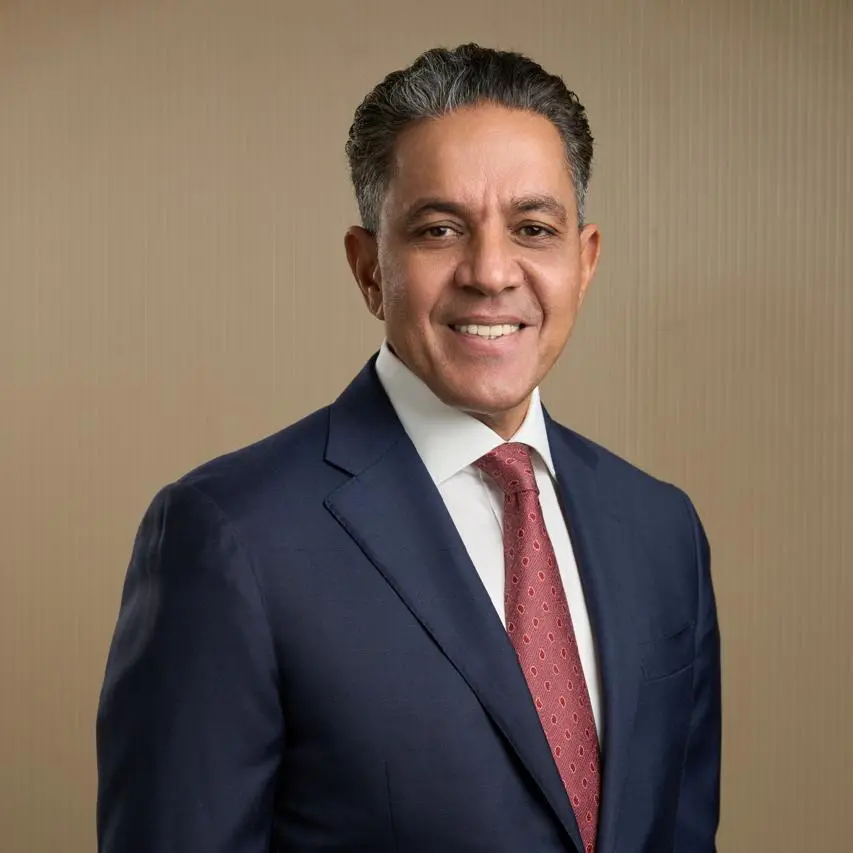PHOTO
Colife, a UAE-based smart-rental startup that operates as a full-cycle property management company, started the expansion into the Asian market, beginning with Hong Kong in May 2024.
From the start Colife has been revolutionizing the rental market, providing seamless solutions for purchasing, managing, and renting properties in Dubai since 2022 and in Istanbul since 2023. Now, we are setting our sights on expanding further into the MENA and Asia regions. These markets represent significant untapped potential for Colife's growth. By 2028, we plan to establish a presence in 10 major cities, leveraging our innovative approach to redefine urban living and investment opportunities.
Unlike in Dubai, where Colife focuses mostly on apartment rentals, our strategy in Hong Kong is centered around creating co-living spaces. This is the rental format with fully furnished rooms featuring stylish interiors and functional common areas.
Currently, we offer unique mid-term rentals of apartments and rooms in the Causeway Bay, Sheung Wan, and Happy Valley areas of Hong Kong Island. All services, support, and community events are included in the rent, making it effortless for young professionals and digital nomads to start their lives in the metropolis without sacrificing comfort or the desire to live in beautiful apartments within prime locations.
The plan for the year is to launch individual apartment rentals, create more than 100 units in co-livings (rooms and bed spaces), and find a building to open a full-scale co-living house for about 60 units, where common spaces for residents will not only include a living room, kitchen and bathroom, but also coworking areas, reception, meeting rooms, and more.
Hong Kong is an up-and-coming business city that attracts expats for career opportunities and students due to its excellent universities. It boasts a stable economy and is a strong financial and economic center in Asia.
Why Hong Kong
High rental costs in Hong Kong directly impact the margins of the co-living model. On one hand, high costs directly affect the rent-to-rent model's profitability. On the other hand, there are a lot of unique challenges for our team here, such as limited apartment sizes, the use of the Imperial measurement system, and a deposit system for everything from utility re-registration to the rentals themselves.
Our mission is to improve the Net Promoter Score (NPS) for rental experiences in iconic cities across Asia and the MENA region. We aim to democratize rental living for young professionals in major cities where stylish housing is hard to come by and forming a community is challenging. Hong Kong fits all these criteria: poor user experience, lengthy processes with no quick and quality service, but exorbitant prices.
Start
Deglobalization makes entering new markets challenging, but not impossible. Colife began preparatory work six months before the launch to formalize the company, set up accounts, and gather the team.
The launch was accomplished by a core team of three employees: a Senior Project Manager, a Legal Manager, and an Operations Manager. They were remotely supported by six specialists, including members from Colife Dubai, ranging from an Interior Designer to the CEO of the company. This strategic approach ensured a smooth and efficient entry into the Hong Kong market.
About money
“At Colife we budget up to $350,000 to launch a new region. This budget primarily covers company setup, local marketing, team expenses, and apartment renovations. With these resources, we can launch 3 to 10 first units, depending on the cost of the region. During the first year, we continue to invest, totaling about $2 million. This is enough to see if the model works in the region,” says Ilnara Muzafiarova, CEO of Colife Global.
Ilnara Muzafiarova, "Colife have streamlined launch process in new regions and have a clear understanding of the necessary investment to start and test out hypothesis."
“Initially, we aim to minimize investments, as no amount of online research can provide a complete picture. During the first year, when we are learning and adjusting to new markets, we strive to invest conservatively. However, by the second year, once we have refined our product, established an audience, and generated effective traffic, we commit substantial resources to scale the project, ensuring its success,” she said.
About Problems
Despite the fact that Hong Kong is considered a modern metropolis, analog communication tools are very common in the city. Applications, business correspondence, invoices, checks, contracts, and amendments are typically done on paper. This reliance on non-digital methods causes delays in delivering and transmitting necessary documents. Additionally, checks are still commonly used for transfers and refunds. In Hong Kong, not having a paper business card can lead to skepticism and distrust.
Another important factor is the city's strong commitment to principles and traditions. For many Hong Kong apartment owners and local real estate agencies, working with Colife represents their first experience with such business model. Our modern rental, management and investment model has not been widespread or popular in Hong Kong. The unfamiliarity can lead to prolonged or stalled negotiations. However, knowledge of the Cantonese dialect proves to be a significant advantage in facilitating business discussions and overcoming these challenges.
“The specifics of a startup make it challenging to launch in any region or market. However, we can definitely be proud of the local people's interest in our brand. They show great interest in the company, as this is a new phenomenon for them in the Hong Kong real estate market,” says Oleg Prachuk, Senior Project Manager of Colife Hong Kong.
It leads to the primary challenge for our business model is providing beautiful and functional apartments in key areas for those who want to live with us.
Hong Kong has been in a state of hibernation due to the lockdown, but now that it has reopened. Colife sees great potential for a new phase of growth here. We’ve already attracted our first residents and property owners through offline channels. Expats and digital nomads from other cities who are familiar with Colife are delighted to choose our high-quality service in new locations.
"In our niche, creating supply is a much more complex quest than creating demand. We secure supply by renting apartments from local owners, which presents its own nuances and challenges due to the highly conservative nature of the rental market in Hong Kong. However, our progressive project, Colife Invest, aids us in expanding our housing stock. We help private investors purchase apartments for subsequent rental in a co-living format. This allows us to offer tenants well-renovated apartments, as we manage the renovations with our team of experienced repairmen and designers. At the same time, investors receive high returns in the Hong Kong market while residing anywhere in the world, as we handle all aspects of renting out their properties," shared Ilnara Muzafiarova, CEO of Colife Global.
The company's plans in Hong Kong and beyond
Colife follows a standard development plan for any region:
- Launch Phase: The target is 10 apartments, which will be achieved in Hong Kong by July 2024.
- Breakeven Point: By the end of the first year, with 50 apartments.
- Scaling: x5 growth in the second year, followed by disciplined x2 growth per year.
According to the company's plan, by 2025 there will be 900 units (bed spaces and private rooms) in Hong Kong, approximately equal to 300 apartments. Asia and MENA are priority regions for Colife's development. Within five years, Colife aims to operate in 10 megapolises.
The Gulf countries, with some of the world's fastest development rates, attract young expats starting their lives anew, seeking accommodation and community. While co-living is available in Asia, it often lags behind European standards in design, marketing, and technology. Colife sees great potential to enhance the customer experience for residents and increase revenue for private investors in the region's real estate market. Colife plans to continue allocating capital from private investors, expanding from Dubai to Hong Kong.
“The next cities on our shortlist are Riyadh, Bangkok, Abu Dhabi, and Kuala Lumpur. The choice is based on criteria such as expat attractiveness, high development rates, rising real estate values for both renting and buying, and favorable legislation. When making the analysis, we rely on a list of more than 50 criteria, but these are the key ones,” summed up Ilnara Muzafiarova, CEO of Colife Global.
Colife Press office




















